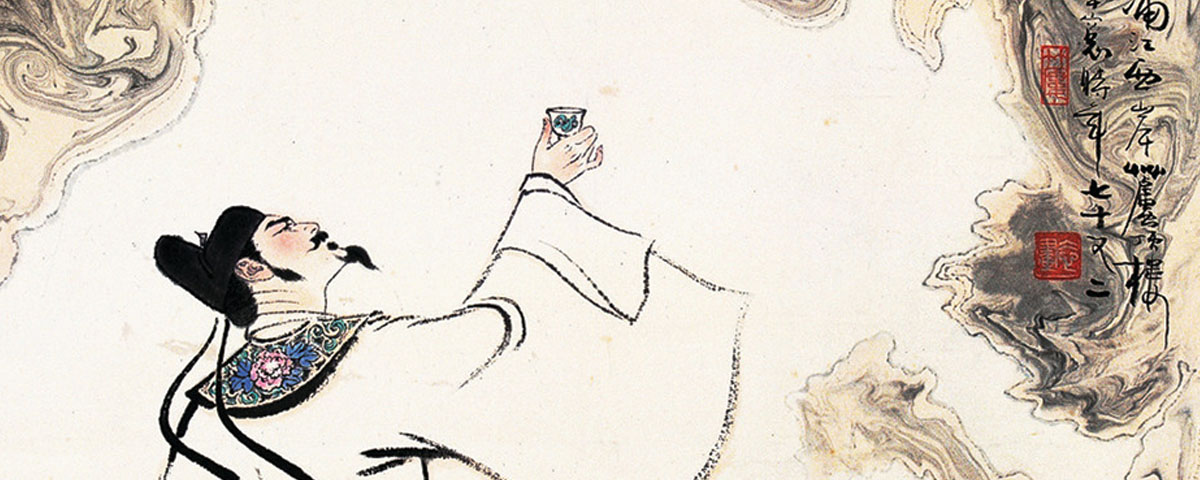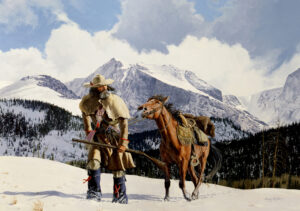Li Bai (701–762) is widely regarded as China’s greatest poet. In 756 he became unofficial poet laureate to Prince Li Lin, the 16th of Emperor Xuanzong’s 30 sons, who tried to seize power in an unsuccessful uprising against the Tang dynasty. The prince, accused of trying to establish an independent kingdom, was executed; Li Bai was arrested for treason and imprisoned at Jiujiang. His death sentence was commuted to exile in Yelang, in China’s remote southwest interior. In 759, as he made his way to Yelang, Li Bai received notice that he had been granted an imperial pardon. He wandered the Yangtze Valley until his death in 762.
Some 1,100 of Li Bai’s poems have survived, including the one printed here. They are known for their clear imagery and conversational tone and have influenced a number of 20th-century poets, including Ezra Pound and James Wright.
THE LONG WAR
They fought last year by the upper valley of Son-Kan,
This year by the high ranges of the Leek Mountains,
They are still fighting…fighting! …
They wash their swords and armor in the cold waves
of the Tiao-Chih Sea;
Their horses, turning loose over the Tien Mountains,
Seek the meagre grasses in the white snow.
Long, long have they been fighting, full ten thousand
li away from home;
Their armor is worn out, the soldiers grown old. …
Oh, the warlike Tatars!
To them manslaughter is their plowing,
Plowing, oh from ancient times, in the fields of white bones
and yellow sands!
It was in vain that the Emperor of Chin built the Great Wall,
Hoping to shut out those fiery hordes.
Where the wall stands, down to the Han Dynasty,
The beacon fires are still burning.
The beacon fires keep on burning;
The war will never cease! …
The soldiers fight and die in death-grapple on the battlefield,
While their wounded horses howl in lamentation,
Throwing up their heads at the desolate sky;
The gray ravens and hungry vultures tear,
And carry away the long bowels of the dead,
Hanging them on the twigs of lifeless trees. …
O soldiers who fight long—
Their blood varnishes the desert weeds!
But the generals who lead them on—
They have accomplished nothing!





